HAIDER
ABOUT HAIDER
After a couple of disasters called 7 Khoon Maaf and Matru Ki Bijli Ka Mandola, Vishal Bhardwaj is back with bang! In Vishal Bhardwaj’s Haider, an adaptation of William Shakespeare’s Hamlet, Kashmir's trials are mirrored in its eponymous hero's ruin and rude realization of betrayal from the ones he perceived his own.
With Haider, Vishal Bhardwaj shows yet again that if he puts it all together in right magnitude, the fusion of art and commerce can really lead to some good returns that lead to engaging, entertaining and thrilling affair that can be an unrepentant Hindi film than just being a 'piece of cinema'!
Film Haider is Bhardwaj’s adaptation of William Shakespeare’sHamlet, the third of a trilogy that follows two stellar movies: Maqbool (2003), which adapted Macbeth, and Omkara (2006), a hinterland take on Othello. For anyone familiar with the play, the parallels are instantaneously recognizable: Haider is Hamlet, which means that the two Salmans, shown to be Haider’s good-for-nothing friends, are obviously Rosencrantz and Guildenstern.
That is pretty much demonstrated in the manner Haider begins to unfold, keeps the intrigue quotient on, has one thinking throughout, comes up with a twist in the story, throws a double twist soon after, leads the protagonist to feel disgusted by the realities, makes one wonder who is double crossing whom, brings to fore a tragedy or two and then finally announces vengeance.
But, what Bhardwaj does, with co-writer Basharat Peer, is more than plainly translate and adapt the Bard’s works to an Indianised setting – he adds colour, texture, and context to them. Salman and Salman’s characters work on a higher level than just comic-relief – they tell us something about life in the Valley at the time, about two wayward youths who don’t know which side to take and are simply trying to make the best of a bad situation.
Bhardwaj’s story telling ability is brilliant. Haider isn’t just the best film in his trilogy; it’s the finest movie of his career.
In the story, Bharadwaj's Haider (Shahid Kapoor) is a poet, who returns from university at Aligarh on learning that his father, Dr Hilaal Meer (Narendra Jha) was found guilty of harbouring a militant and has since vanished. Initial flashbacks show Haider as a loving, respectful teenager who thinks the world of his father. He returns to find a house in ruins, destroyed by an army officer who wouldn’t let any of his men “die for a bloody militant.”
Something is unquestionably rotten in the state of Kashmir; and Haider is determined to find out what it is. His mother, Ghazala (Tabu), and uncle Khurram (Kay Kay Menon) have started living together, and Haider is shocked by them. His lover is Arshia (Shraddha Kapoor), a wide-eyed reporter whose father is Polonious (Lalit Parimoo), only as a high ranking police officer. Slowly but steadily, we come to know these characters as flesh-and-blood people.
Haider is modified much more skillfully than the trilogy’s previous installments. It stays faithful to the overall structure of the original, but excitedly plays around with chronology and characterization – for example, the famous ghost of King Hamlet appears in the film at a different point and in a different manner, which makes perfect sense in the context of the story. It is a testament to Peer and Bhardwaj’s self-belief in their adaptation that they managed to take the one Hamlet line everyone knows – “To be, or not to be” – and use it in different forms multiple times, including one moment that provides the film’s biggest laugh.
This movie makes a strong political statement, and it would’ve been easy for it to tip over into controversial territory, but the restraint shown is remarkable. This is also true of other aspects of filmmaking – from the outstanding cinematography by Pankaj Kumar (well known for Ship Of Theseus), whose work is above all effective in one brilliant hand-held sequence shot in Srinagar’s town square; to Bhardwaj’s own background score, that fuses traditional Kashmiri instruments with elements of electro-rock, but someway still eschews the temptation to break into a Paanch-like rock anthem when the bullets fly during its surprisingly bloody climax.
Shahid acts with the heart in a career-redefining opportunity. He doesn’t talk often but his eyes do. Kay Kay Menon is commendable into a significant role. The supporting cast such as Amir Bashir, Kulbhushan Kharbanda and Ashish Vidyarthi are praiseworthy. Shraddha has a minor part to play and is decent in the way she approaches it. She brings on smiles though with her Kashmiri English pronunciation.
However, over and above everyone, it is Irrfan who shines in practically every scene. He is brilliant. Irrfan's entry in the film is one of the best ever in the recent times. Tabu’s Ghazala character steals much of the film and lingers in one’s memory long after the movie is over. Tabu does well in a manipulative part where she is unsure about whether to forget everything or seek redemption. She plays us through her slightly puffy eyes and enigmatic, cold smile. Occasionally, the veil of steely composure slips and her insecurities come through. Out of the two Salmans, the shorter one is excellent in his mimicry of the superstar.
A couple of scenes are jerky though and come out of nowhere. Transition of Shahid from someone who just realized the truth behind his father's death to a youngster losing his mind and subsequently making his speech with a tape-recorder hanging down his neck appears preachy. Even though well intentioned, it is a distraction. Later the sudden emergence of three old men digging graves, though visually dazzling, is just placed as a metaphorical outing and that's about it. In fact there are at least three-four points in the film where one sees the narrative reach its peak (the fabulous interval point, the fabulously picturised and choreographed Bulbul song which reminds of Ek Haseena Thi from Karz Shahid's encounter with the two Salmans, the moment of reckoning when Shahid is all set to kill K.K.) but then the following scenes slow down the pace a little. Like the love song between Shahid - Shraddha only adds to the film's length and so is the scene where Shraddha is in a trance of sorts when Tabu strikes a conversation with her after a family tragedy. Luckily, by and large Vishal keeps the pace on which means overall Haider stays on to be engaging enough, while hinting of 'chutzpah' every now and then.
On the whole, the film is visually striking, has a new story to tell, and carries sufficient drama moments with some good intrigue element to add make sure that Haider makes for a good watch.
In general, it is worthy to watch for Shahid’s dazzling performance.
- BOLLYWOOD BOLLYWOOD
- HOLLYWOOD HOLLYWOOD



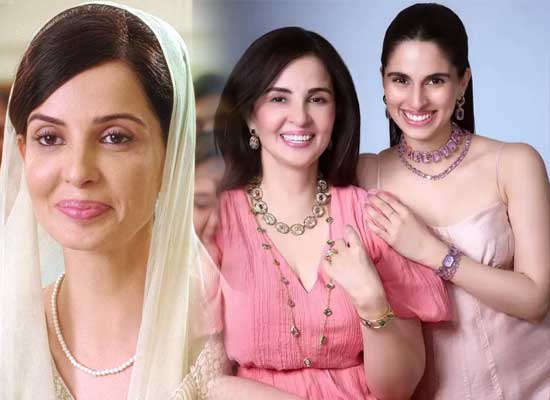
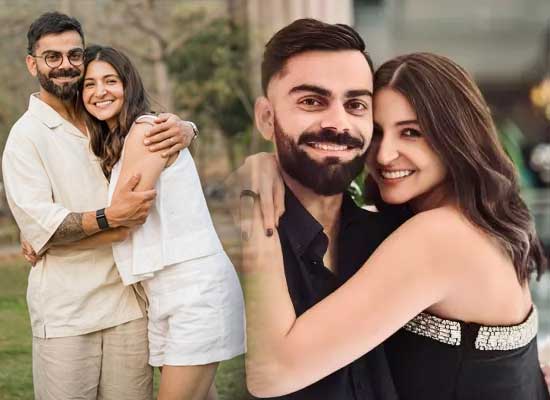

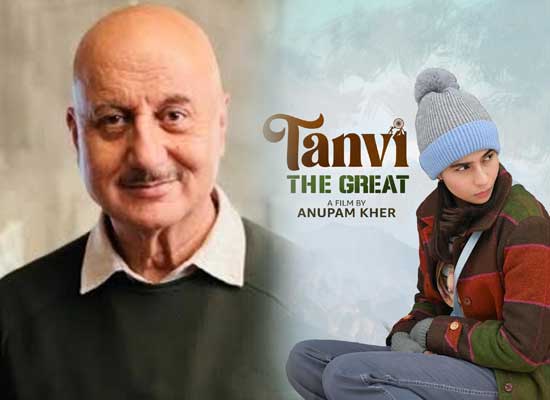
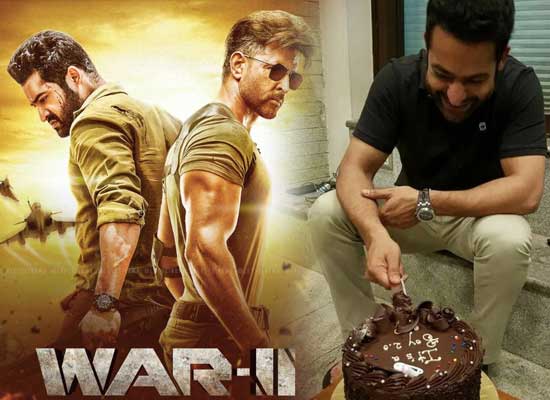
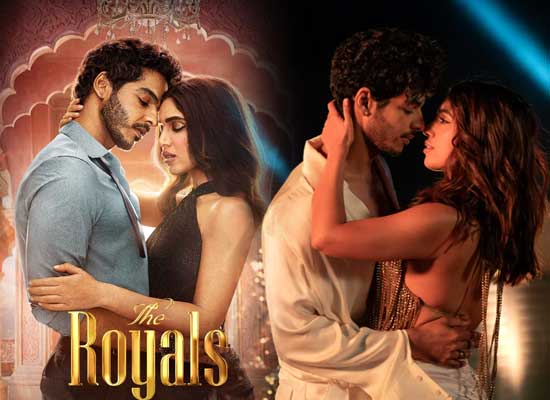


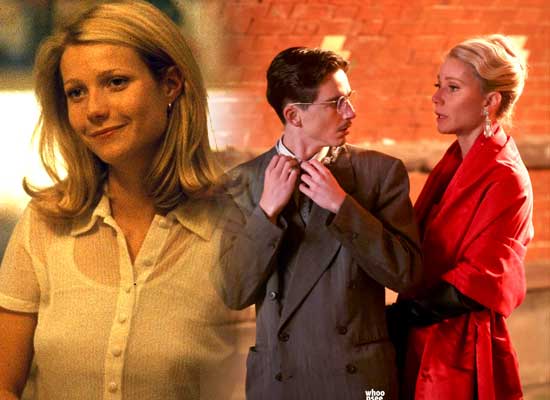





POST YOUR COMMENTS